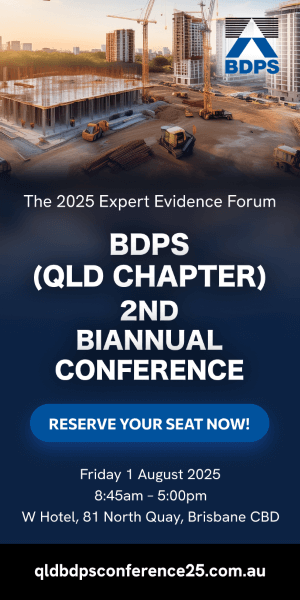…whether legally unreasonable – whether breach of procedural fairness
In Khawaja v Attorney-General (Cth) [2022] FCA 334 (4 April 2022), the court heard an application for judicial review of a decision of the Commonwealth Attorney-General (Attorney-General) under s19AL(1) of the Crimes Act 1914 (Cth) to refuse to release the applicant from prison on parole.
There is no entitlement to parole and the power to release a prisoner after the expiry of the non-parole period is a matter for the executive (at [11]). For federal offenders, the power to release a prisoner on parole is conferred on the Attorney-General and addressed by Division 5 of Part IB of the Crimes Act (see [12]-[18] and [24]-[26]). A decision to refuse parole is subject to judicial review under the Administrative Decisions (Judicial Review) Act 1977 (Cth) and s39B of the Judiciary Act 1903 (Cth).
The applicant committed serious offences in 2017 and 2018. They included dishonestly influencing a Commonwealth public official, attempting to pervert the course of justice, a forgery-related offence and intending to influence a witness (at [32]-[33]).
The offending occurred following the cessation of a romantic relationship. The applicant made false statements to a ‘Border Watch’ hotline that his former partner’s new friend was an Islamic extremist. Subsequently, concerned about another person who the applicant believed was in contact with another woman who did not want to continue dating the applicant, he created false entries in a notebook to make it appear as if the person was preparing for or engaging in a terrorist attack.
The applicant pretended to find the notebook and handed it in at his work. The applicant attempted to assist the police in various ways about this incident. Finally, once the applicant was arrested and charged, in breach of his bail conditions he gave a letter to the brother of the woman who ceased the relationship with him asking that she not give evidence against him.
The applicant was sentenced to imprisonment for four years and six months. The sentencing judge concluded that at the time of his offending, the applicant was suffering from a serious mental illness which had been undiagnosed and untreated, which provided a cogent explanation for his offending (at [47]-[53]).
This led the sentencing judge to impose a shorter than typical non-parole period of two years and six months in the interest of the offender and in the public interest. The community’s interests would be promoted on the basis that parole conditions could be imposed so that the applicant could be appropriately reintegrated into the community, while receiving appropriate treatment in a way which minimised risks to the community. This would not be achieved if the applicant served a full term and was thereafter simply released.
The Attorney-General was required by s19AL(1) of the Crimes Act to make a decision to grant or refuse parole before the end of the non-parole period on 26 June 2021. A decision to refuse parole was made and, in the course of a judicial review challenge, the Attorney-General consented to that decision being set aside.
The Attorney-General was required to remake the decision. Relevant state and Commonwealth departments recommended that parole be granted, but noted it was open to the Attorney-General not to do so. The Attorney-General’s second decision was again to refuse parole. The applicant challenged this second decision.
The Attorney-General’s reasons for refusing parole did not mention the applicant’s mental illness, despite that being the central focus of his submissions (at [85]-[86] and [114]).
Thawley J reasoned that if the Attorney-General proceeded to make a decision without considering his mental illness, including in relation to each of the three purposes for which the power to grant or refuse parole was conferred, the implied condition to exercise the power in s19AL(1) reasonably (in the sense of Minister for Immigration and Citizenship v Li (2013) 249 CLR 332) would likely be breached, and the applicant would not have been afforded procedural fairness (at [93]).
The court did not infer that the Attorney-General read all of the material which was placed before her (at [96]).
At [101]: “The use of a generalised statement that everything a person has submitted has been taken into account does not shield from scrutiny the question whether the decision-maker in fact took the submissions into account”.
Ultimately, the court held that the Attorney-General did not consider the applicant’s mental illness in deciding whether to grant or refuse parole, including in connection with each of the purposes in s19AKA, and that, in the particular circumstances of this case, it was legally unreasonable and a breach of procedural fairness not to do so (at [107]-[120]).
Dan Star QC is a Senior Counsel at the Victorian Bar, ph 03 9225 8757 or email danstar@vicbar.com.au. The full version of these judgments can be found at austlii.edu.au. Numbers in square brackets refer to a paragraph number in the judgment.














Share this article